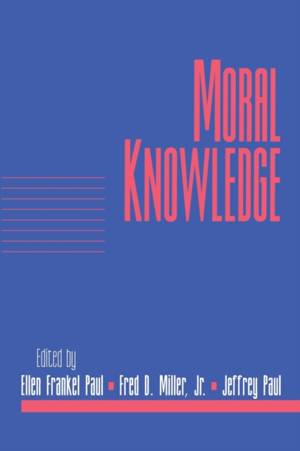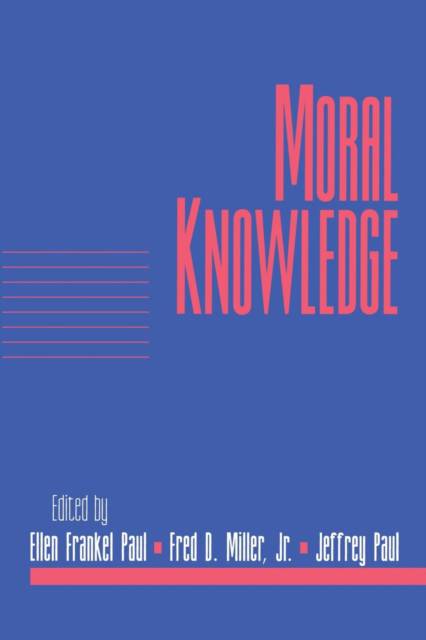
- Afhalen na 1 uur in een winkel met voorraad
- Gratis thuislevering in België vanaf € 30
- Ruim aanbod met 7 miljoen producten
- Afhalen na 1 uur in een winkel met voorraad
- Gratis thuislevering in België vanaf € 30
- Ruim aanbod met 7 miljoen producten
Zoeken
€ 47,95
+ 95 punten
Omschrijving
The essays in this volume address some of the most enduring questions involved in the search for moral knowledge. Can morality be founded upon facts about human nature, social agreement, volition, subjective preference, a priori reasoning, intuition, or some other basis? Is morality knowable in any objective sense that would make it universal and, therefore, binding on humans in all times, places, and circumstances? Or, rather, is morality inherently subjective, culture bound, or more radically still, uniquely determined by each individual for that individual? Is there an answer to those who maintain that it is misguided even to think in terms of moral knowledge, on the grounds that moral utterances are expressions of feelings or attitudes rather than claims that can be known to be true or false?
Specificaties
Betrokkenen
- Auteur(s):
- Uitgeverij:
Inhoud
- Aantal bladzijden:
- 388
- Taal:
- Engels
- Reeks:
Eigenschappen
- Productcode (EAN):
- 9780521006033
- Verschijningsdatum:
- 13/08/2001
- Uitvoering:
- Paperback
- Formaat:
- Trade paperback (VS)
- Afmetingen:
- 152 mm x 229 mm
- Gewicht:
- 517 g

Alleen bij Standaard Boekhandel
+ 95 punten op je klantenkaart van Standaard Boekhandel
Beoordelingen
We publiceren alleen reviews die voldoen aan de voorwaarden voor reviews. Bekijk onze voorwaarden voor reviews.











